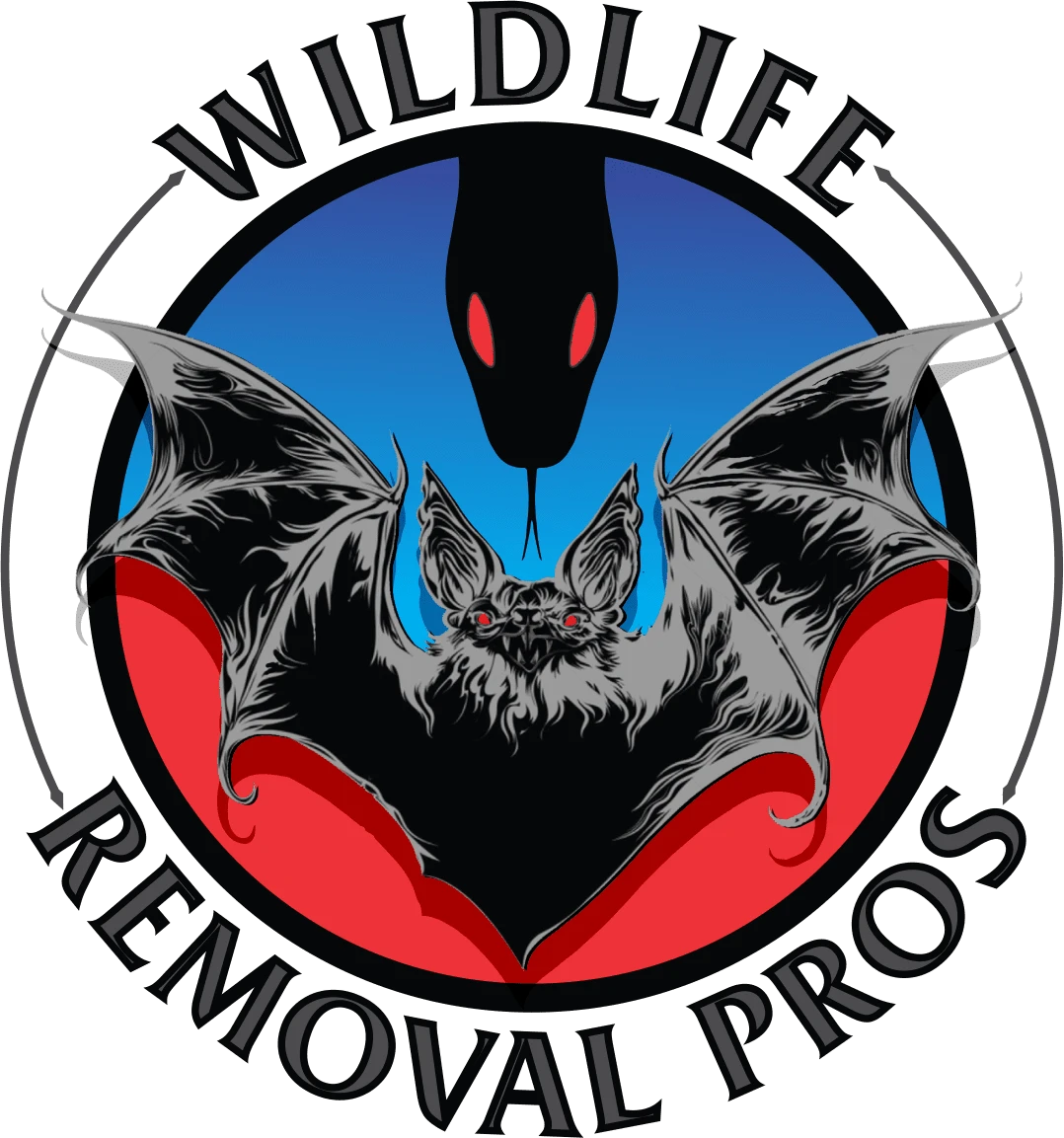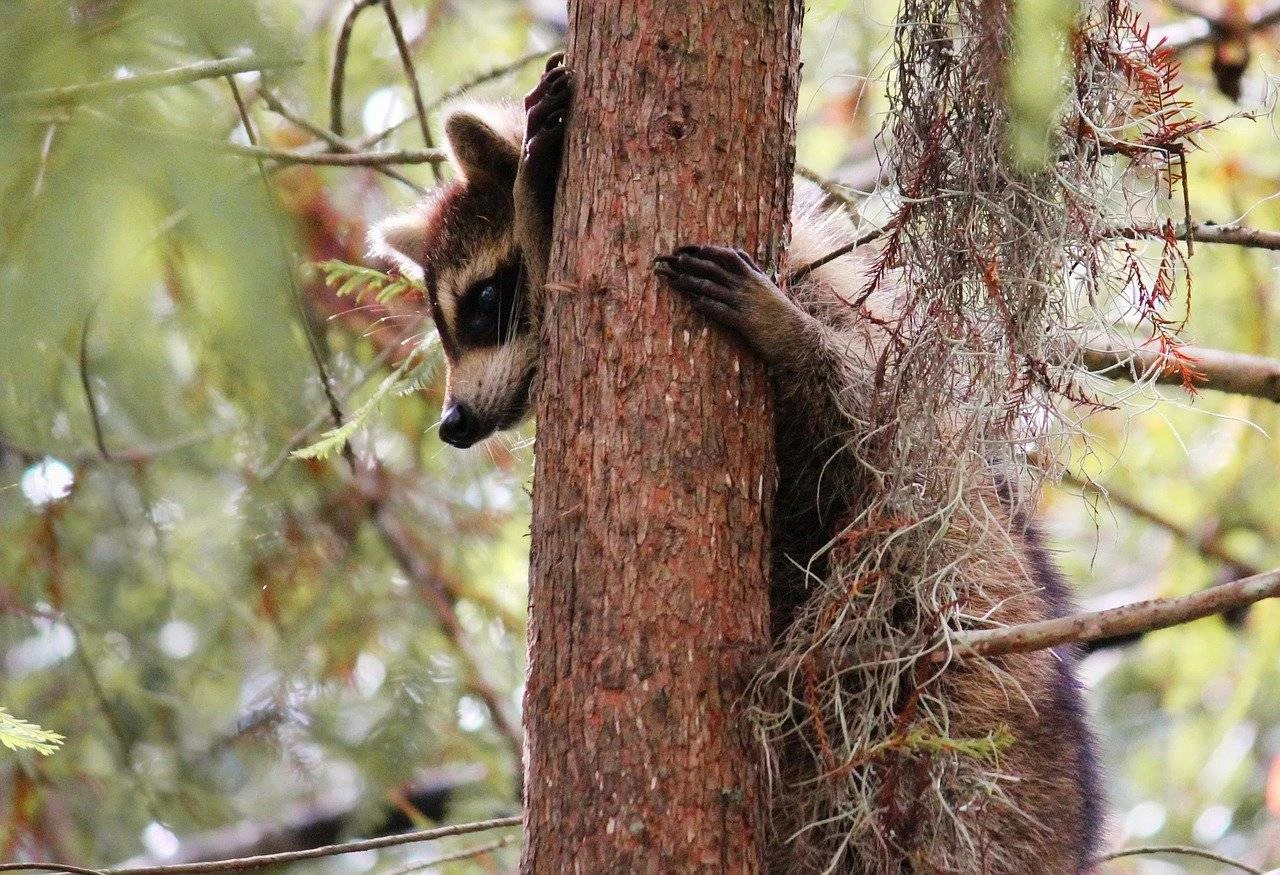Wildlife center is taking donations

The Kentucky Wildlife Center is preparing for “baby” season which typically starts in March and ends sometime in the summer. The mission of the center is to rescue and rehabilitate the area’s native wildlife and to help preserve wildlife through educating the local residents. The center takes all types of animals, however, they mostly see raccoons, bats, squirrels and possums. They are currently asking people for donations of incubators to help sustain the baby animals who cannot regulate their own body temperatures.
Another wildlife rehabilitator is taking a stand for raccoons infected with canine distemper. At the end of December of last year, the Kentucky Department of Fish and Wildlife reported three raccoons that had tested positive canine distemper. The increased rates of canine distemper can be attributed to the increasing raccoon populations in the state. The wildlife rehabilitator is giving advice to residents on what to do when they encounter a possibly rabid animal and how to get them help.
For tips on raccoon and animal removal, visit Wildlife Removal Pros.
Ky. Wildlife Center taking donations ahead of baby season
The Kentucky Wildlife Center in Lexington is preparing their facility ahead of baby season. The center says ‘baby season’ starts in March and usually goes through the summer.
The Kentucky Wildlife Center’s mission is to rescue and rehabilitate the state’s native wildlife and to improve the welfare of wildlife through education. Each year the center takes in about 1,500 babies and takes care of them using incubators. Read more
Summary: The Kentucky Wildlife Center is preparing for “baby” season which typically starts in March and ends sometime in the summer. The mission of the center is to rescue and rehabilitate the area’s native wildlife.
The Kentucky Wildlife Center in Lexington is preparing their facility ahead of baby season. https://t.co/2Q5CM6JaIK
— LEX 18 News (@LEX18News) February 12, 2020
Wildlife rehabilitator says to report animals in need
A wildlife rehabilitator is speaking up after recent confirmed cases of canine distemper in hopes of educating residents on how to act when they find an animal that might have distemper.
Angela Cox, the operator of Critter Ridge Sanctuary, has been a licensed wildlife rehabilitator for about a year. While she helps a variety of animals, her passion is raccoons.
At the end of December, the Kentucky Department of Fish and Wildlife confirmed that three raccoons found in Frankfort had tested positive for canine distemper. Learn more
Summary: At the end of December of last year, the Kentucky Department of Fish and Wildlife reported three raccoons that had tested positive canine distemper. The increased rates of canine distemper can be attributed to the increasing raccoon populations in the state.

